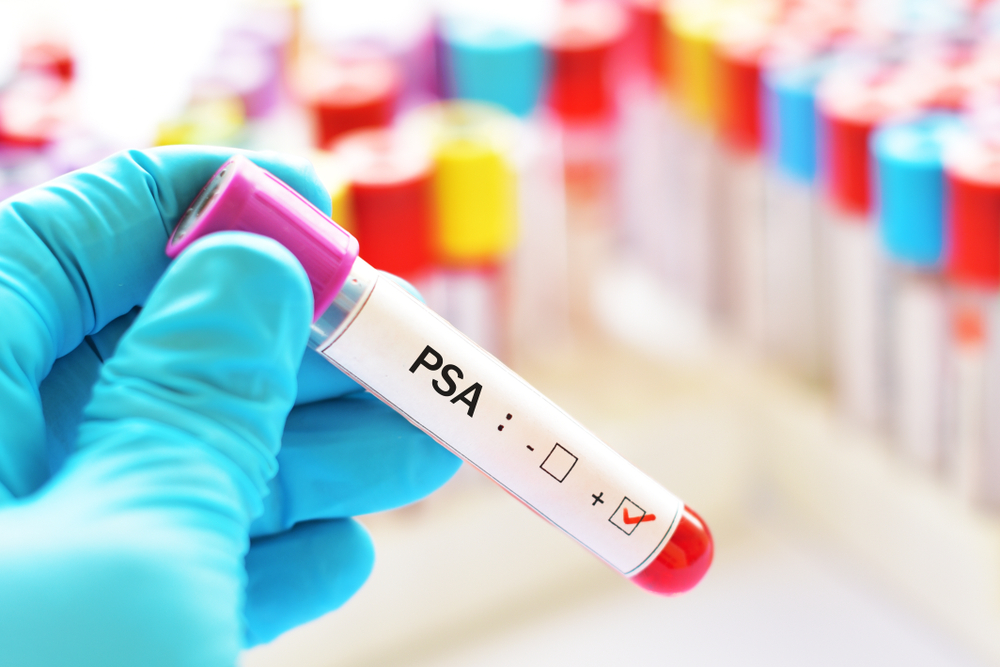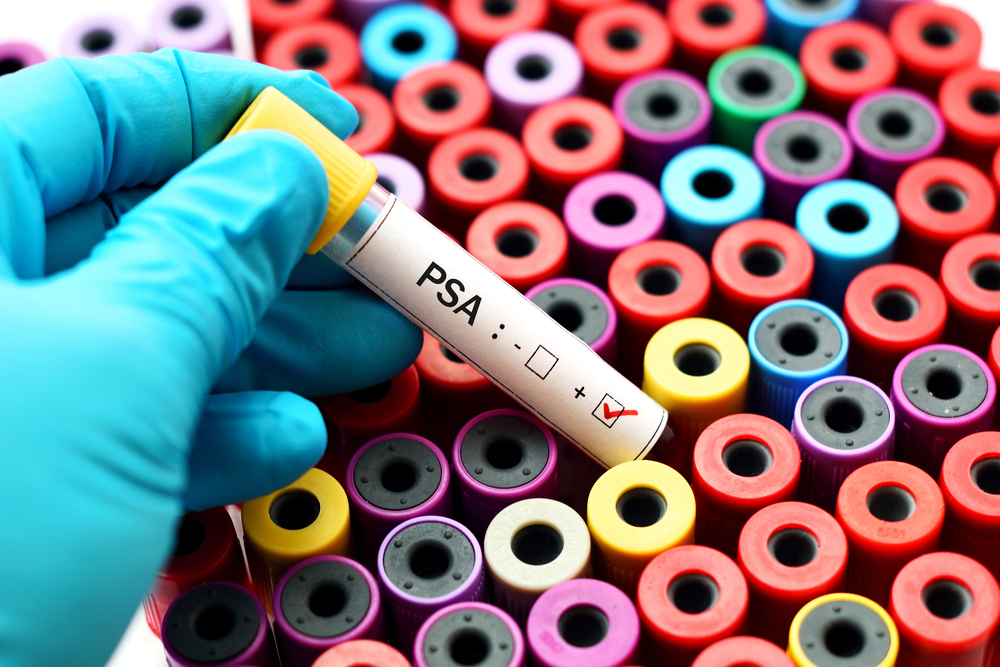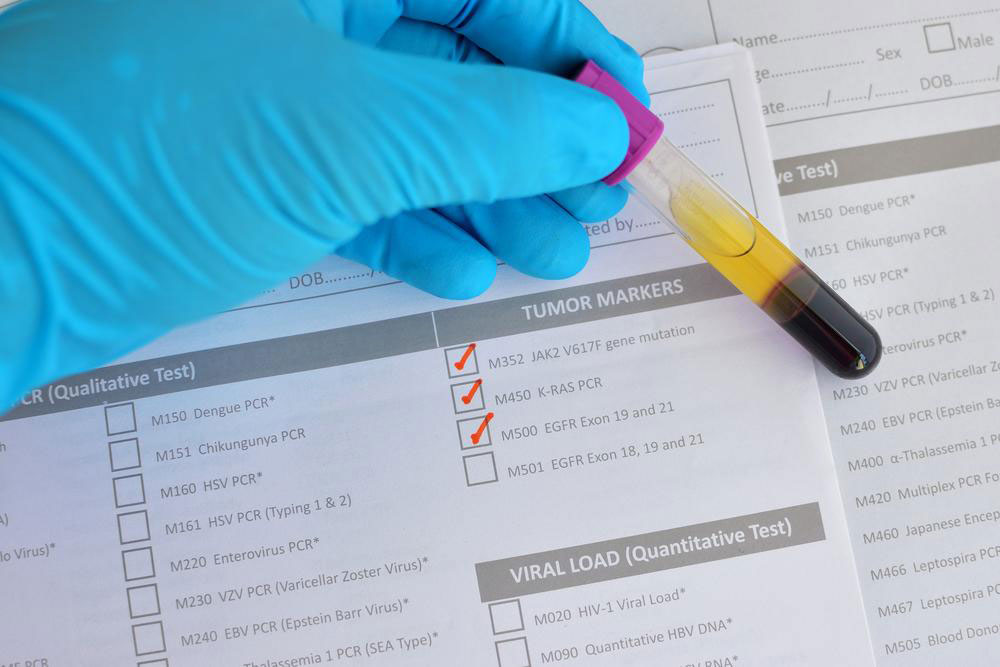Prostate Health Insights: How to Manage and Reduce PSA Levels Naturally
This comprehensive article explores PSA levels, their causes, and how to naturally reduce them. Learn about risk factors, signs of prostate issues, and effective lifestyle changes to support prostate health. Ideal for men seeking early prevention and natural management strategies, this guide emphasizes the importance of regular screening and healthy habits for maintaining prostate wellness.

Prostate Health Insights: How to Manage and Reduce PSA Levels Naturally
Discover comprehensive information about PSA levels, their significance, and natural strategies to lower them effectively
Prostate-Specific Antigen (PSA) is a protein produced exclusively by cells within the prostate gland. It is naturally present in semen and, in smaller amounts, in the bloodstream. The measurement of PSA levels through blood testing has become an essential component in prostate health management, especially for early detection of prostate cancer, tracking treatment effectiveness, and monitoring for potential recurrence.
Since the FDA approved the PSA test, it has become a standard screening tool, often used in conjunction with digital rectal exams (DRE) to provide a comprehensive assessment of prostate health in men, especially as they age. Understanding your PSA levels can help in making informed decisions regarding your health, catching issues early, and adopting lifestyle or medical interventions accordingly.
Here's what you should know about elevated PSA levels and what they could indicate.
How trustworthy is the PSA test?
PSA levels are affected by several factors and do not solely indicate the presence of prostate cancer. Conditions like benign prostatic hyperplasia (BPH), infections, and inflammation can also cause increased PSA levels.
High PSA levels, particularly those exceeding ten nanograms per milliliter, suggest a considerable risk—about a 50% chance—of prostate cancer, but they do not confirm the diagnosis. Conversely, lower levels do not automatically mean the absence of cancer, so further testing might be necessary.
Conditions that may elevate PSA
Prostatitis, which is inflammation or infection of the prostate gland
Benign prostatic hyperplasia (BPH), a common, non-cancerous enlargement associated with aging
Physical manipulations such as ejaculation, prostate biopsies, or digital rectal exams
Use of certain medications that influence male hormones
Urinary tract infections
Physical activities like cycling or horseback riding
Genetic predispositions that increase prostate-related issues
Medical procedures like cystoscopies or catheter placements
Factors that can help lower PSA levels naturally
Maintaining a healthy weight by engaging in regular exercise
Incorporating antioxidants-rich foods such as tomatoes into your diet
Consuming lean protein sources like chicken, fish, and plant-based options; limiting processed meats and high-fat dairy products
Ensuring adequate vitamin D intake through foods or supplements to support prostate health
Drinking green tea, known for its disease-fighting antioxidants
Practicing stress reduction techniques like meditation or yoga
Eating more fruits, vegetables, and nuts rich in lycopene, which has anti-inflammatory properties
Adding pomegranate to your diet, linked to lower PSA levels in prostate cancer cases
Considering anti-inflammatory medications like NSAIDs (e.g., aspirin) after consulting your healthcare provider
Avoiding foods that may disrupt hormone balance, such as fried foods, sugary snacks, saturated fats, and limiting alcohol consumption
Warning signs indicating prostate health issues
Frequent and painful urination, especially at night (nocturia)
Decreased semen volume and erectile difficulty
Bladder control problems or urinary incontinence
Blood presence in urine or semen
Pain localized in hips, pelvis, lower back, or chest, which may suggest metastasis
Numbness or muscle weakness in limbs, indicating possible spinal cord involvement
Regular screenings and lifestyle adjustments are key to maintaining prostate health. If you notice any of the symptoms mentioned or have concerns about your PSA levels, it's crucial to consult a healthcare professional promptly. Early detection and proactive management can significantly influence outcomes, helping you lead a healthy and active life well into older age.





